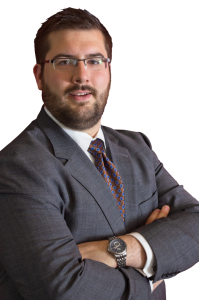By Allen, Texas Criminal Defense Lawyer Kyle T. Therrian
Office Number: (972) 562-7549
24 Hr Jail Release: (214) 403-6522
www.rosenthalwadas.com
A recent story that has been gaining national attention also deserves a mention as an update to a previous topic discussed here. On December 13, 2011 the National Transportation Safety Board (NTSB) recommended that all states to “ban the nonemergency use of portable electronic devices (other than those designed to support the driving task) for all drivers.” In a press release, the NTSB describes their recommendation as the “first ever nationwide ban on driver use of personal electronic devices (PEDs) while operating a motor vehicle.”
The NTSB is an independent federal agency responsible for determining the probable cause of transportation accidents and promoting traffic safety. One of the NTSB’s most important functions is the issuance of safety recommendations such as this nationwide personal electronic device ban. While these recommendations have no binding effect on legislators or law enforcement, the recommendations are implemented a large majority of the time.
In support of their recent recommendation, the NTSB cites to a National Highway Traffic Safety Administration (NHTSA) study concluding that “more than 3,000 people lost their lives last year in distraction-related accidents.” Like the NTSB, NHTSA has played a major role in shaping traffic law enforcement. Most notably, NHTSA is responsible for the way in which law enforcement conducts DWI investigations across the country, including the development of the standardized field sobriety tests. To the extent that these agencies efforts could be considered concurrent, there should be confidence that texting while driving could soon be outlawed.
Still, a law is only as useful as it can be enforced and prosecuted. Gathering evidence to convict a person of a texting or a wireless communication crime becomes particularly troubling in light of search and seizure law which should present a significant obstacle when determining what exactly, if anything, a suspect was doing on his cell-phone/smartphone.
*Kyle Therrian is an attorney licensed to practice in the State of Texas. Nothing in this article is intended to be legal advice. For legal advice on any case you should contact an attorney directly.


Speak Your Mind